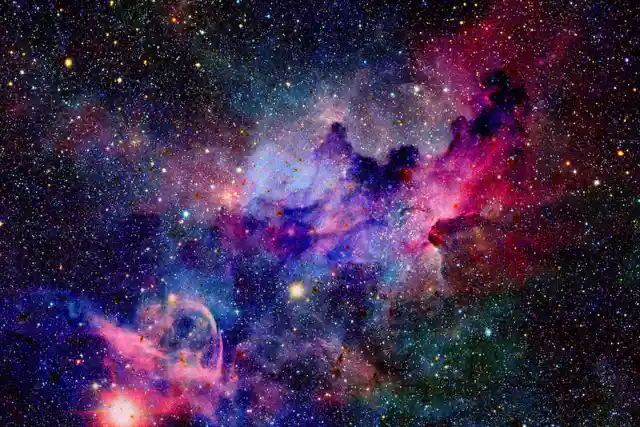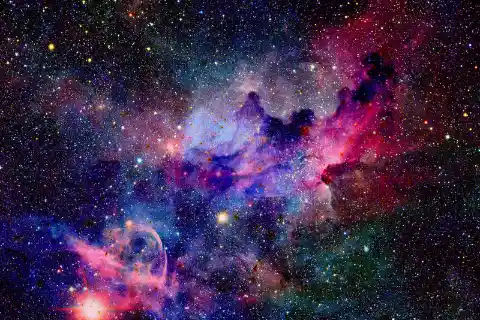

Dr. Matt Caplan, assistant physics at Illinois State University has a theory of how the Universe could end due to black dwarf supernovae. We have a limited understanding of cosmology and physics that is constantly adjusting.
Before putting the cart before the horse, we need to discuss stars. The massive stars in the universe will eventually explode and become neutron stars. That said, the majority of stars are small and become dwarf dense balls of degenerate matter not supernovae. Dwarfs do not produce their own energy through fusion like average stars, however, they do have energy from their formation that slowly dissipates in the cosmos. Over 10,000 times the age of the universe these white dwarfs will be incredibly cold and turn into black dwarfs.
Caplan provided a final scenario for black dwarfs as an explosive demise that he thinks will be the last astrophysical transients to occur before heat death. Heat death, known as the Big Freeze, the universe will eventually run out of free energy and reach absolute zero and maximum entropy. According to Caplan, if this happens the black dwarfs could become supernova causing the Big Bang before it all stops.
One of the main beliefs is that protons, the nucleus of atoms, would not decay. It would take an enormous amount of time for white dwarfs to turn into black dwarfs as white dwarfs would probably break apart in a shorter period of time. The assumption that protons decay, white dwarfs will turn into black dwarfs, over time, and turn into black dwarfs due to quantum phenomena that in turn would create heavier atoms in the white dwarfs.
Both white and black dwarfs lose electrons and positrons slowly destroy the electrons in the center of the dwarf, weakening it which would eventually collapse in a massive explosion. White dwarfs can go supernova but only if they have accumulated enough mass from a companion to cross the Chandrasekhar mass limit. Once they are 1.4 times the mass of the Sun, they will collapse on themselves. An iron-rich black dwarf only needs to weigh 1.2 times the mass of the Sun to explode.
As many stars will not be that heavy, Caplan surmises that 1 billion trillion stars will explode in this manner. When would this happen? He believes it would be roughly 1, followed by 1,100 zeros in years. Caplan calculates cosmic explosions will continue slowly but not before 1032000 years in the future.